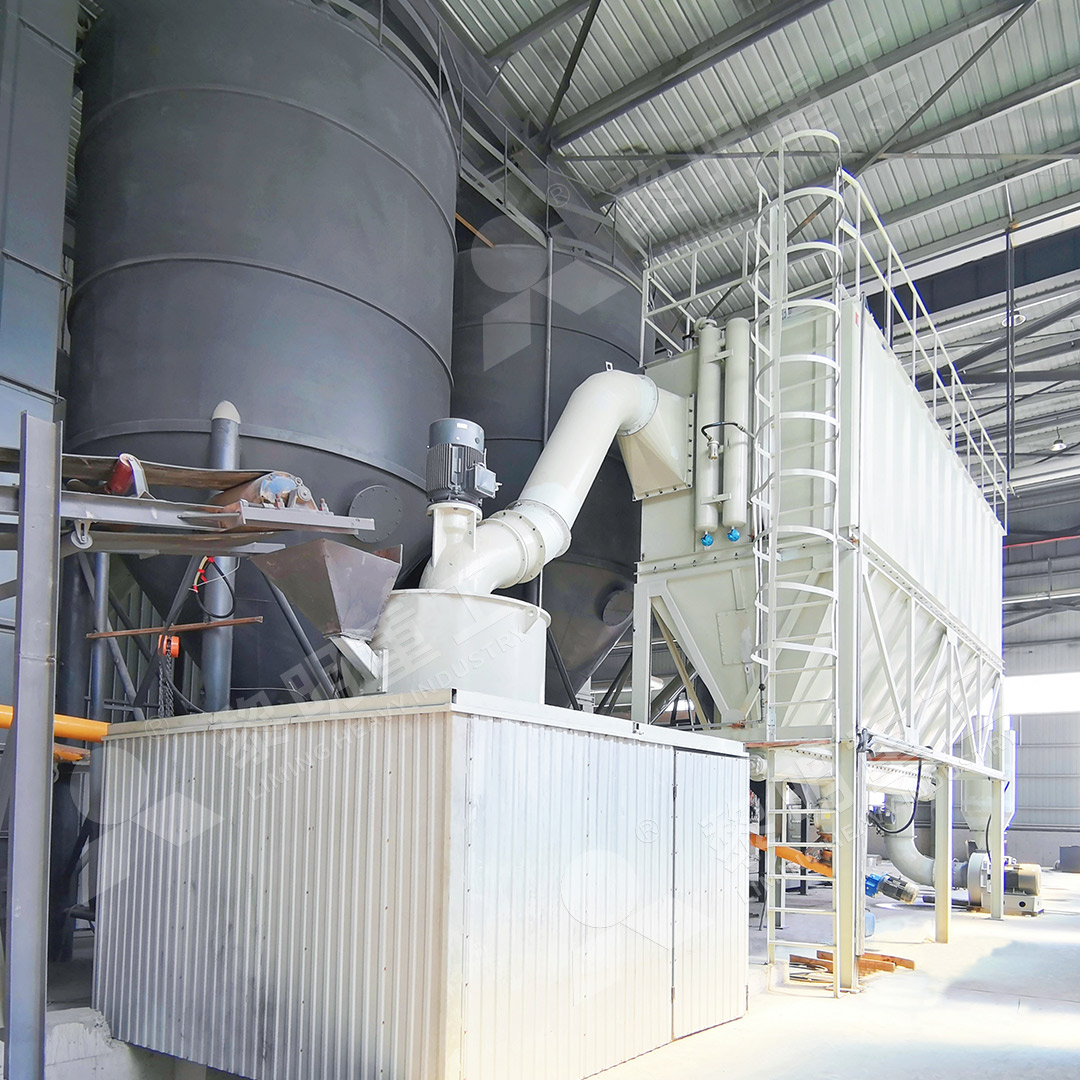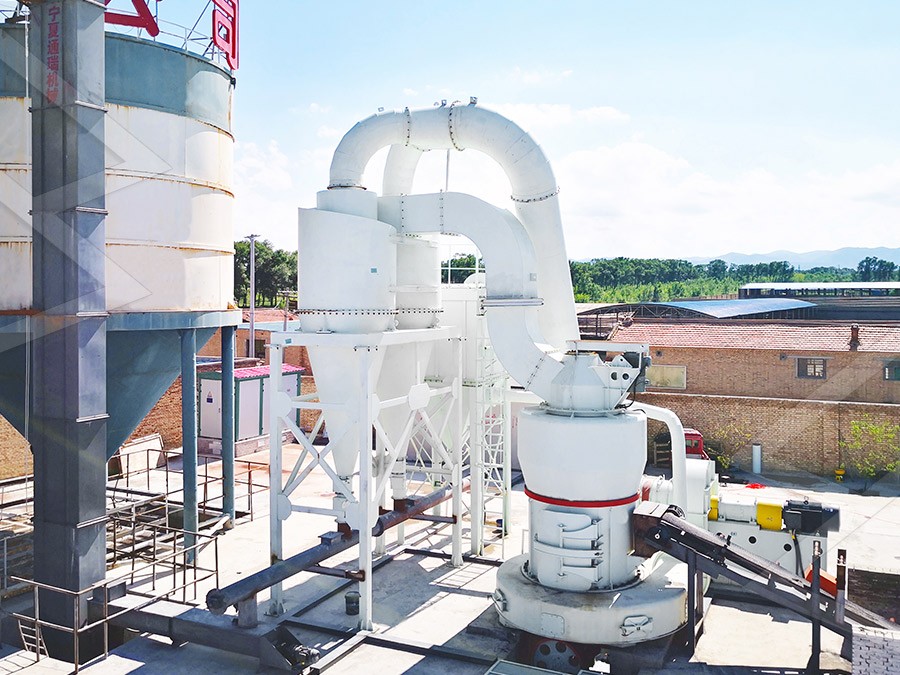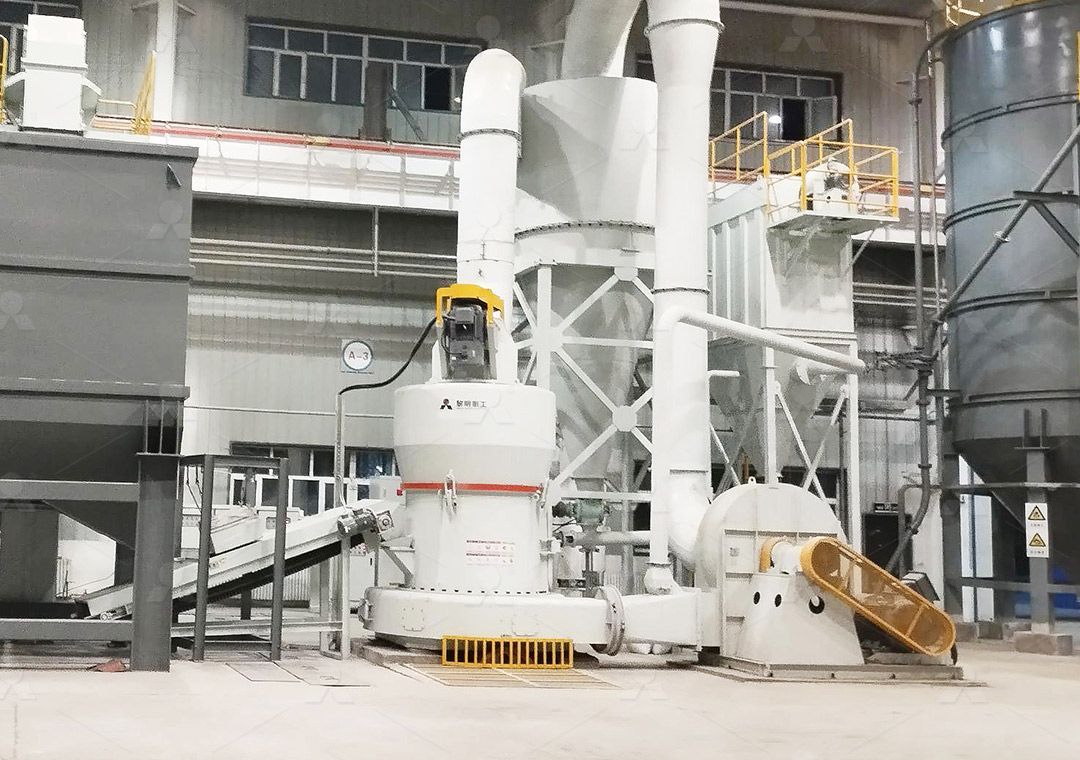High-Quality Granite Grinding Mill for Sale at Wholesale Prices
We provide a wide range of mills — including Raymond mill, trapezoidal mill, vertical mill, ultrafine mill, and ball mill, obtained ISO9001 international quality certification, EU CE certification, and Customs Union CU-TR certification. Suitable for processing minerals such as limestone, phosphate, quicklime, kaolin, talc, barite, bentonite, calcium carbonate, dolomite, coal, gypsum, clay, carbon black, slag, cement raw materials, cement clinker, and more.
The discharge range of these mills can be adjusted to meet specific processing needs, typically from 80-400 mesh, 600-3250 mesh, and can achieve the finest particle size of up to 6000 mesh(D50).
If you are looking for a reliable grinding solution to turn stone or minerals into fine powder, please feel free to contact our online customer service.
Unlocking Superior Granite Processing Efficiency
Granite, one of nature’s most durable and versatile materials, requires specialized grinding equipment to transform it into high-value powders for various industrial applications. Finding the right grinding solution that balances production capacity, energy efficiency, and final product quality can significantly impact your operational costs and product competitiveness in the market.
The challenges in granite processing are multifaceted – from achieving consistent particle size distribution to managing operational expenses while maintaining environmental compliance. Traditional grinding methods often fall short in meeting these complex requirements, leading manufacturers to seek advanced technological solutions.

Advanced Grinding Technology for Superior Results
Modern grinding mills have evolved significantly from their predecessors, incorporating innovative features that address the specific demands of hard material processing. When evaluating equipment for granite grinding, several critical factors come into play: grinding efficiency, energy consumption, maintenance requirements, and environmental impact.
Among the standout solutions in today’s market is the MW Ultrafine Grinding Mill, engineered specifically for customers requiring ultra-fine powder production. This machine represents a significant leap forward in grinding technology, featuring an efficient pulse dust collector and muffler system that effectively minimizes dust and noise pollution. The comprehensive design ensures that the entire production process maintains minimal environmental impact while delivering exceptional performance.
Key Considerations for Granite Grinding Operations
Successful granite processing operations depend on selecting equipment that matches both current needs and future expansion plans. The MW Ultrafine Grinding Mill offers particular advantages for granite applications with its impressive specifications: handling input sizes up to 20 mm and achieving capacities ranging from 0.5 to 25 tons per hour.
What truly sets this equipment apart is its innovative design that eliminates rolling bearings and screws within the grinding chamber. This engineering breakthrough addresses common failure points in traditional mills, significantly reducing maintenance concerns and potential machine damage from loose components. The external lubrication system allows for continuous operation without shutdowns for maintenance, supporting 24-hour production schedules that maximize throughput and return on investment.

Technical Excellence in Powder Production
The precision engineering of modern grinding mills extends to their particle size control capabilities. The MW Series incorporates German cage-type powder selector technology, enabling precise adjustments between 325-2500 meshes with screening rates achieving d97≤5μm in a single pass. This level of control ensures consistent product quality that meets the most demanding specifications for fillers, composites, and other high-value applications.
For operations requiring different throughput capacities or specific technical configurations, the LUM Ultrafine Vertical Grinding Mill presents another excellent option. With its input size of 0-10 mm and capacity range of 5-18 tph, this mill integrates the latest Taiwanese grinding roller technology with German powder separating expertise. The LUM model excels in situations where space optimization and vertical configuration provide operational advantages.
Economic and Environmental Benefits
Beyond technical specifications, the economic and environmental performance of grinding equipment plays a crucial role in long-term operational success. The MW Ultrafine Grinding Mill demonstrates remarkable efficiency gains, delivering production capacity increases of up to 40% compared to jet grinding mills and stirred grinding mills, while consuming only 30% of the energy required by jet grinding systems.
The environmental considerations are equally impressive, with the integrated pulse dust collector ensuring no dust pollution during operation. Combined with silencer technology and noise elimination features, these mills operate well within national environmental protection standards, making them suitable for facilities with strict compliance requirements.

Making the Right Investment Decision
Selecting granite grinding equipment represents a significant capital investment, making thorough evaluation essential. Beyond initial purchase price, considerations should include operational costs, maintenance requirements, spare parts availability, and technical support. Manufacturers that provide comprehensive service packages, including original spare parts and technical assistance, contribute significantly to worry-free operation and long-term equipment reliability.
The digital processing capabilities of modern mills, with numerically controlled operations for cutting, bending, planing, milling, and paint spraying, ensure high precision manufacturing – particularly for core components that determine equipment longevity and performance consistency.
Frequently Asked Questions
What fineness range can the MW Ultrafine Grinding Mill achieve?
The MW Ultrafine Grinding Mill can adjust product fineness between 325-2500 meshes, with screening rates achieving d97≤5μm in a single pass, making it suitable for various ultra-fine powder applications.
How does the MW Series compare to traditional ball mills in terms of energy consumption?
The MW Ultrafine Grinding Mill demonstrates significantly higher efficiency, with system energy consumption approximately 30% of jet grinding mills and production capacity twice as large as ball grinding mills with the same fineness and power input.
What maintenance advantages does the MW Ultrafine Grinding Mill offer?
The absence of rolling bearings and screws in the grinding chamber eliminates common failure points, while the external lubrication system enables maintenance without production shutdowns, supporting continuous 24-hour operation.
Can these grinding mills handle materials other than granite?
Yes, both the MW and LUM series grinding mills process various materials including limestone, calcite, dolomite, petroleum coal, gypsum, barite, marble, talc, and coal powder, serving industries from chemicals and paints to cosmetics and food additives.
What environmental features are incorporated into these grinding mills?
The mills feature efficient pulse dust collectors that prevent dust pollution during operation, along with silencers and noise elimination technology to reduce acoustic impact, ensuring compliance with environmental protection standards.
